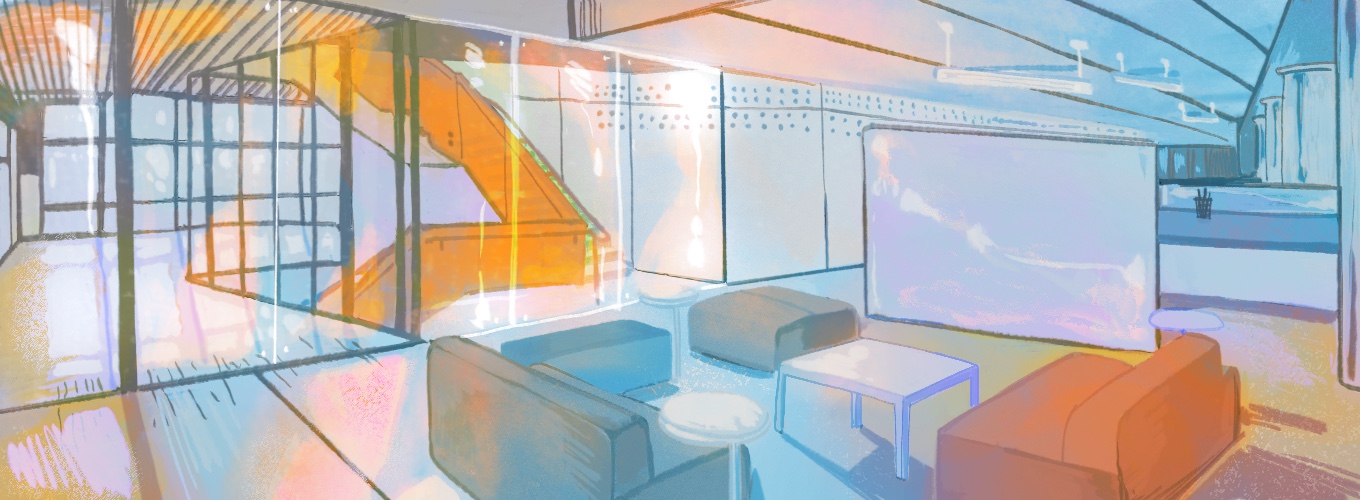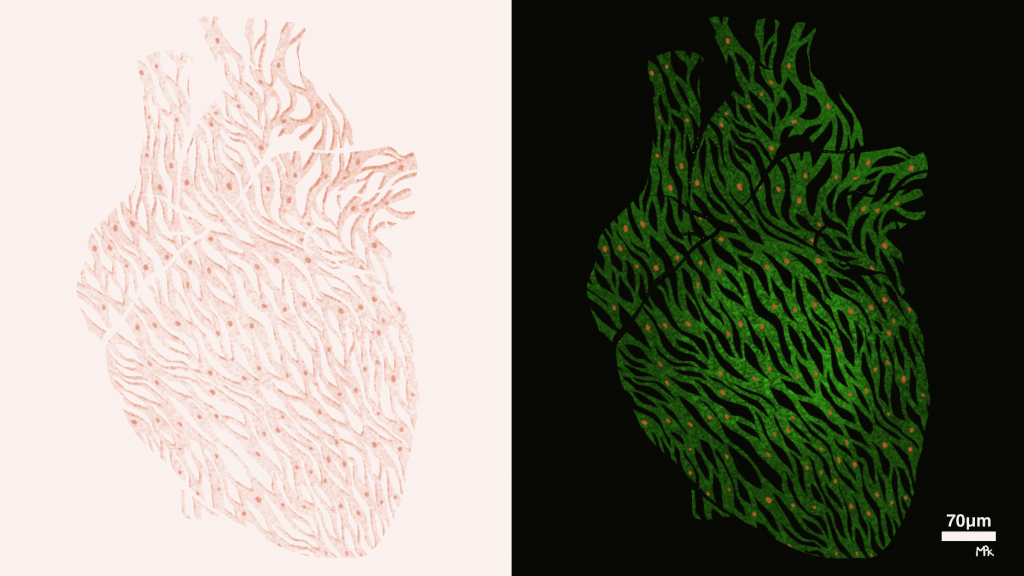

Mimi Gui is an HS Chau Women in Enterprising Science Fellow. Mimi is improving gene delivery for neurological diseases by identifying and optimizing AAV variants through directed evolution and machine learning.
Where are you from?
I’m from China and came to the U.S. for part of my undergrad. After working in Asia, I returned to complete a PhD at Washington University in St. Louis. Now, I’m a postdoc at Berkeley, focusing on genomic medicines.
You started in mechanical engineering – what made you switch to biomedicine?
I’ve always been interested in biology, but during my rotations, I saw a lab video of a heart muscle beating in a dish, and it fascinated me. Coming from mechanical engineering, where we worked on things like cars, it was incredible to see something so alive and complex. So I wanted to apply this technology to study disease which eventually led me toward gene therapy.

What led you to apply to the WIES program?
The WIES program is a great fit for me because I’ve always been interested in translational research—taking what we do in the lab and applying it in the real world. For me, entrepreneurship is about ensuring that science doesn’t just stay in the lab but becomes something that can help people. It’s not just about publishing research; it’s about creating real-world solutions that truly make a difference.
Tell us a little about your current research.
My current project focuses on targeting specific cell types in the brain. We’re trying to develop gene therapy that only affects malfunctioning cells without impacting healthy ones. A lot of drugs are nonspecific, like how painkillers can affect your stomach while treating pain. We’re trying to make therapies more precise by engineering viral capsids that only target the problem cells. This approach could be especially useful for neurological diseases, where there aren’t many treatments available.
What are some of the challenges you face in research?

Biology takes time, much longer than the design work I did in engineering. Experiments can take weeks or months, and sometimes you have to redo everything. You need resilience and always have a backup plan.
What keeps you motivated in your research?
There are patients out there who need treatments but don’t have effective options right now. Gene therapy could be their only hope, and that motivates me. I also enjoy problem-solving — when things don’t work in the lab, it’s a challenge to figure out how to fix them.
What do you like to do besides research?
I enjoy running and used to run half-marathons. I’m trying to get back into it now. I also love exploring restaurants and traveling, mostly around the Bay Area or back home in China. I also love to hip-hop dance!



